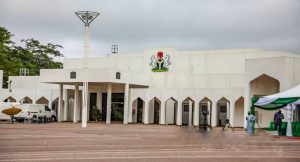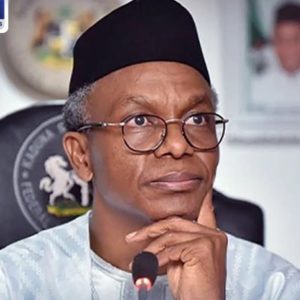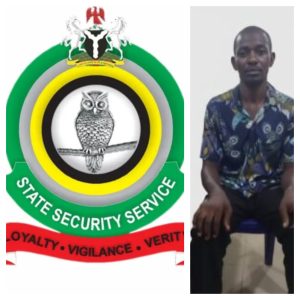
By Augustine Eigbe, Ph.D
The procedural irregularities and judicial controversies in Nigeria’s electoral framework weaken democratic legitimacy, while the cycle of violence, manipulation, and endless litigation exposes the urgent need for far-reaching reforms.
The recent statement by the Independent National Electoral Commission (INEC) to issue a supplementary document to its 2022 Regulations and Guidelines, which aims to clarify procedures for reviewing election results under Section 65 of the Electoral Act, is merely a flash in the pan.
In this context, the Justice Muhammadu Lawal Uwais Electoral Reform Committee Report (2008) remains one of the most exhaustive and forward-thinking blueprints for restructuring the country ’s electoral framework.
However, more than a decade after its submission, core recommendations remain unimplemented while electoral malfeasance persists uncurbed.
Recent elections in Nigeria have been marred by technological failures, logistical setbacks, violent disruptions, and accusations of institutional bias, raising fundamental questions about electoral integrity.
The 2023 general elections were tainted by widespread voter intimidation, technical glitches in result transmission, and judicial disputes that left many questioning the legitimacy of the outcomes.
These challenges are not new; they reflect systemic weaknesses that the Uwais Committee sought to confront over a decade ago.
The committee’s report identified structural deficiencies within INEC, including its lack of financial and operational autonomy, partisan appointment processes, and weak enforcement mechanisms against electoral offenders.
Notably, it recommended depoliticising INEC’s leadership appointments, establishing an Electoral Offences Commission, and enhancing judicial accountability in electoral disputes. These measures, if implemented, would drastically reduce opportunities for manipulation and restore public trust.
In Africa, successful electoral reforms in nations like South Africa, Kenya and Ghana have relied on independent electoral bodies, transparent dispute resolution and strict enforcement of electoral laws.
Nigeria’s reluctance to implement similar reforms, particularly those outlined in the Uwais Report, places it at odds with international best practices.
The transfer of INEC’s chairmanship appointment power from the president to a neutral body (e.g., the National Judicial Council) would protect the commission from executive meddling, a model successfully implemented in other countries.
The creation of an Electoral Offences Commission would deter impunity by prosecuting offenders, closing a fundamental gap in the country ’s current framework, where electoral crimes rarely face consequences.
With 2027 general elections approaching, the nation stands at a crossroads. The continued disregard for the Uwais Report’s recommendations perpetuates a cycle of electoral mistrust, voter apathy, and democratic regression.
The National Assembly must break this cycle by prioritising the passage of an Electoral Reform Bill that incorporates the Uwais Committee’s core proposals, particularly those concerning INEC’s autonomy and electoral justice.
The establishment of specialised electoral tribunals with strict timelines is imperative to resolve election disputes swiftly and prevent prolonged litigation that jeopardises the conclusive determination of electoral results.
The urgency of electoral reforms requires advocacy groups and democratic allies to intensify pressure, invoking Nigeria’s obligations under ECOWAS and UN-SDG 16 for transparent, and accountable institutions.
The Uwais Report remains Nigeria’s most viable roadmap for free, fair, and credible elections. Its non-implementation reflects a willful resistance to accountability, one that perpetuates electoral fraud and weakens democratic stability.
Without these sweeping reforms, the country’s democracy will remain illusory, while swift adoption would establish genuine democratic governance.
No SDG 16 Without Electoral Integrity: Implement Uwais Report Now!
Augustine Eigbe, Ph.D is a Historian and Development Communication Expert.





